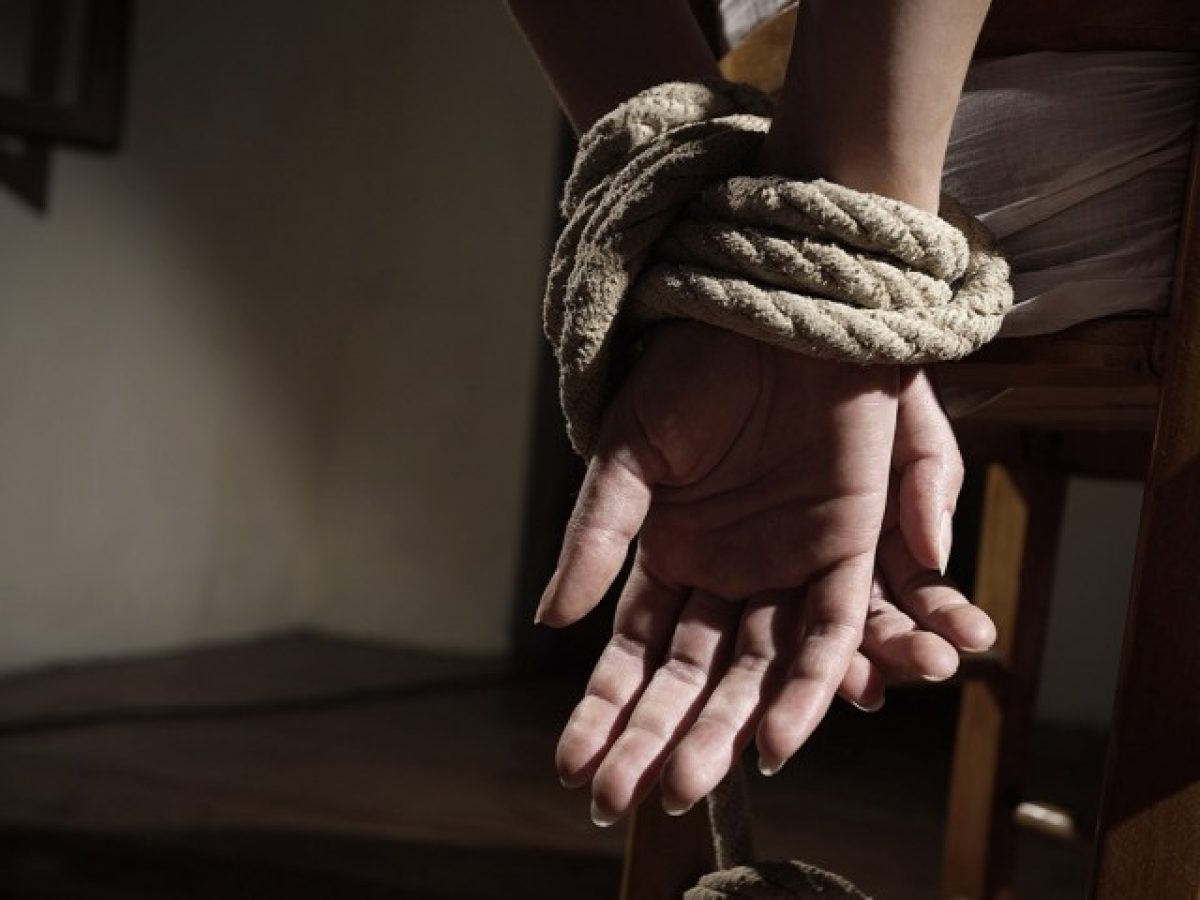Female students’ abductions: North must wake up
On the 15th March 1957, the very day Northern Nigeria, as we know it today, began life as a self-governing entity within a modern and soon-to-be independent Nigeria, its leaders and people could not have been more hopeful for the future. Certainly, Sir Ahmadu Bello, then Premier of the region could not have been more […]

On the 15th March 1957, the very day Northern Nigeria, as we know it today, began life as a self-governing entity within a modern and soon-to-be independent Nigeria, its leaders and people could not have been more hopeful for the future. Certainly, Sir Ahmadu Bello, then Premier of the region could not have been more aware of the solemnity the day and the task ahead.
“As I speak to you on this historic day”, he said, “I am beseeched by many emotions; the emotion of gratitude, gratitude to the Almighty God that I have been spared to be of service to my people and to lead them toward this great event in our history; the emotion of humility, humbly conscious of my own limitations and of the pressing need for every one of us to give in our best now and in the future even more than we have done in the past; the emotion of pride, proud that I and my colleagues have succeeded in the face of many difficulties in the aim of acquiring self-government as soon as it is practicable; and finally the emotion of joy, gladly rejoicing that I can share with all of you this day an immense feeling of relief and contentment as a successful outcome of our advancement towards the creation of a self-governing region of northern Nigeria”, he told his listeners at the time and indeed, posterity.
That first generation of northern leaders devoted most of their waking moments to laying the foundation for a strong, prosperous and united northern Nigeria. In particular, they privileged formal education above all else for the region, as they were acutely aware both of the fact that the north was far behind the rest of the country in education, and that it must catch up to stay. Many of today’s leaders in northern Nigeria in various capacities are living beneficiaries of the very efforts of the Sardauna and his peers in the area of education, as well as other areas of development, in and for northern Nigeria.
Just three generations later in 2023, Daily Trust is compelled to ask if the North of today is what those first generation leaders of the region lived and died for? What is the situation of education, and indeed everything else in the north today? Most poignantly, what is the current generation of northern leaders, in government and in the wider society, doing about it?
MMIA: Hasty relocation of airlines unfortunate – Keyamo
You’re on your own, NNPP Tells Atiku
As we write, tens of female students have been abducted by rampaging bandits from various institutions of tertiary education in no less than three northern states in just the past month alone. As an earlier editorial by this newspaper stated last week, the abduction of 24 female students of Federal University, Gusau (FUGUS) brought attacks by bandits to the same student community to four this year alone, with reported abductions of female students in each case. And this is not to mention earlier abductions of female students at primary and secondary school levels in many states of the region.
And overall, the whole of the northern region is under siege, and has been for a long time, with millions of its people daily at the mercy either of terrorists, insurgents, bandits, marauding kidnappers, One Chance robbers or other sundry criminals. Most abhorrent of all, however, is the attacks on schools and on female students in particular. Today’s northern Nigeria, by all indices of development, or even of just normal human existence, is the worst legacy the current generation of northerners could leave in the memory of Sir Ahmadu Bello, Sir Abubakar Tafawa Balewa, and others like them who lived all their lives—and died—for the progress of the region and its peoples.
Like many others, we too have called on the federal government and its security agencies to wake up to their responsibilities of securing Nigerians wherever they may live in the country. But on this occasion, we believe it is important to look inward, to remind ourselves that in the context of Nigeria, certain local issues are best addressed through local initiatives. After all, the bandits, like most of the victims, are drawn mostly among our people.
Yes, the era of a focal leader for the whole region like the Sardauna is long gone. But successive generations of northern leaders have found ways to come together to address common problems or form formidable machineries for addressing northern problems within the wider Nigerian framework.
Yet, we dare say that for the plague of banditry that has ravaged several states of the north over the past three years, that local initiative has been wanting. We have not seen enough action taken by the Northern Governors Forum. We have not seen enough action taken by the body of elders like Arewa Consultative Forum (ACF) or the Northern Elders Forum (NEF). We have not seen enough coordinated actions by the region’s traditional rulers, nor yet by its religious leaders. Nor have we seen enough action by federal ministers, Senators and members of the federal House of Representatives from the 19 states of the north on these matters. And our point, today, is that all of these regional leadership platforms can do something to end the siege of terror and lawlessness in the northern region. Now they must.
